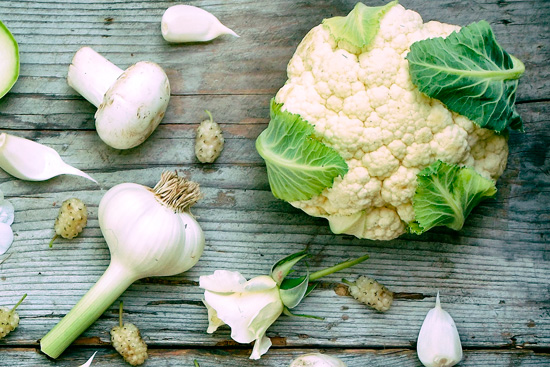About The Buzz: Gastric Cancer Risk is Influenced by Diet?

WHAT THEY’RE SAYING
The foods that you eat play a major role in the risk of developing stomach cancer.
WHAT THIS MEANS
It’s been said that you are what you eat. What you eat determines what you weigh and how you feel. What you eat also increases or decreases the likelihood of life-style related health conditions, also called “lifestyle diseases.” These diseases are directly related to the way people live their life and are commonly caused by alcohol consumption, smoking and drug abuse, lack of physical activity and poor diet. Lifestyle diseases include atherosclerosis, heart disease and stroke, as well as type 2 diabetes and obesity.
While there are clear linkages between poor nutrition and any of the diseases listed above, there is still much to learn about the relationship between diet and cancer. Nonetheless, studies have repeatedly demonstrated a connection between the two. In fact, it is estimated that 20% of cancers diagnosed in the United States are related to lifestyle factors such as excessive alcohol consumption, body fatness, lack of physical activity and poor nutrition.1 Much more research is needed to understand how certain nutrients in foods influence the prevention of various types of cancer. Recently, however, an article published in the European Journal of Cancer provided further insight into the relationship between diet and gastric cancer.2 This research has important public health implications, as gastric cancer is the fourth most common cancer in males and the fifth most common cancer in females, accounting for 8.8% of total cancer-related deaths globally in 2012.2
THE STUDY
In the most comprehensive study on nutrition and gastric cancer to date, researchers analyzed the findings of 76 studies from around the world. To be included in the analysis, studies were selected the specifically measured the impact of diet on the risk of developing gastric cancer. Of the 76 total studies included, 37 were conducted in Europe, 21 in Japan, 11 in the United States, 4 in China, and 3 in Korea. In total, the studies included a whopping 6,316,385 participants and 32,758 cases of gastric cancer. On average, the studies evaluated participant’s diets 11.4 years.
RESULTS OF THE STUDY
Findings from the study reveal what you might have already assumed to be true: fruit and vegetable consumption is protective against gastric cancer. Specifically, fruit and white vegetables, such as cauliflower, onions, mushrooms, garlic and potatoes provided the greatest protection against gastric cancer risk. For every 3.5 ounce/day increase in fruit and white vegetable consumptions, individuals lowered their risk of gastric cancer by 5%.
While fruits and white vegetables reduced the risk of developing gastric cancer, highly salted foods showed a significant gastric cancer risk increase. Elevated consumption of pickled vegetables, processed meat, salt fish, and salt were in relation to respectively 18%, 15%, 25%, and 11% greater risk of gastric cancer.2 In addition, alcohol consumption was associated with a 15% increased risk of gastric cancer when the highest reported alcohol intake was compared with the lowest alcohol intake. In addition, similar associations were identified in consumption of beer and liquor, instead of wine.
OUR ADVICE
Diet is essential to preventing a host of diseases while promoting health and wellbeing. While there are many environmental and genetic factors that influence cancer risk that are beyond our control, we control what we put into our bodies and how we use them. The World Cancer Research Fund recommends the simple dietary practices below to prevent cancer.3
- Eat at least 5 servings (around 14 oz.) of a variety of non-starchy fruits and veggies each day
- Eat relatively unprocessed grains, cereals and/or legumes at every meal
- Limit refined starchy foods
The guidelines above, coupled with the information from the present study, can help greatly reduce your risk of cancer. In addition to increasing daily fruit and vegetable intake, it’s important to lead a healthy lifestyle overall. To do so, aim for 30 minutes of moderate to vigorous physical activity most days of the week, limit alcohol intake, abstain from smoking and fill half your plate with fruits and veggies at every meal.
Video Center: Selection. Storage. Preparation.
How Many Cups Do You Need?
Key Nutrients in Fruits & Vegetables
Fruit & Veggie Database


